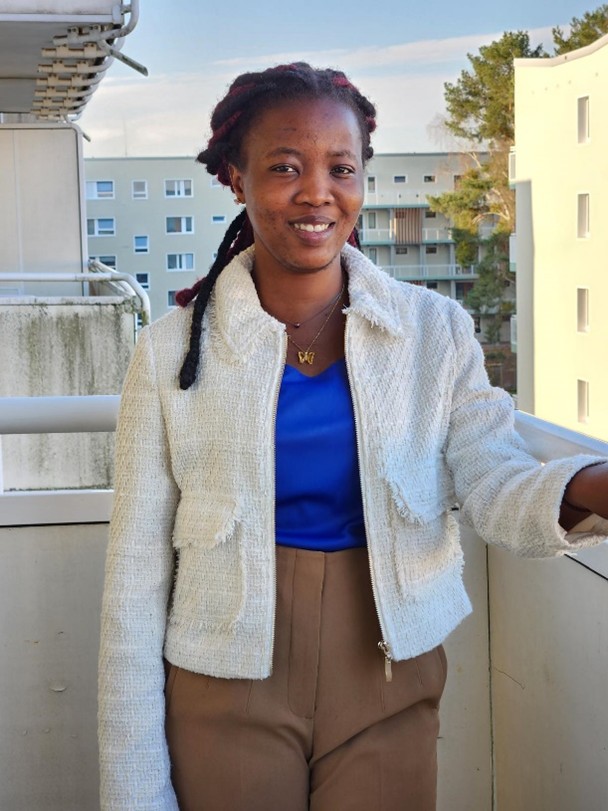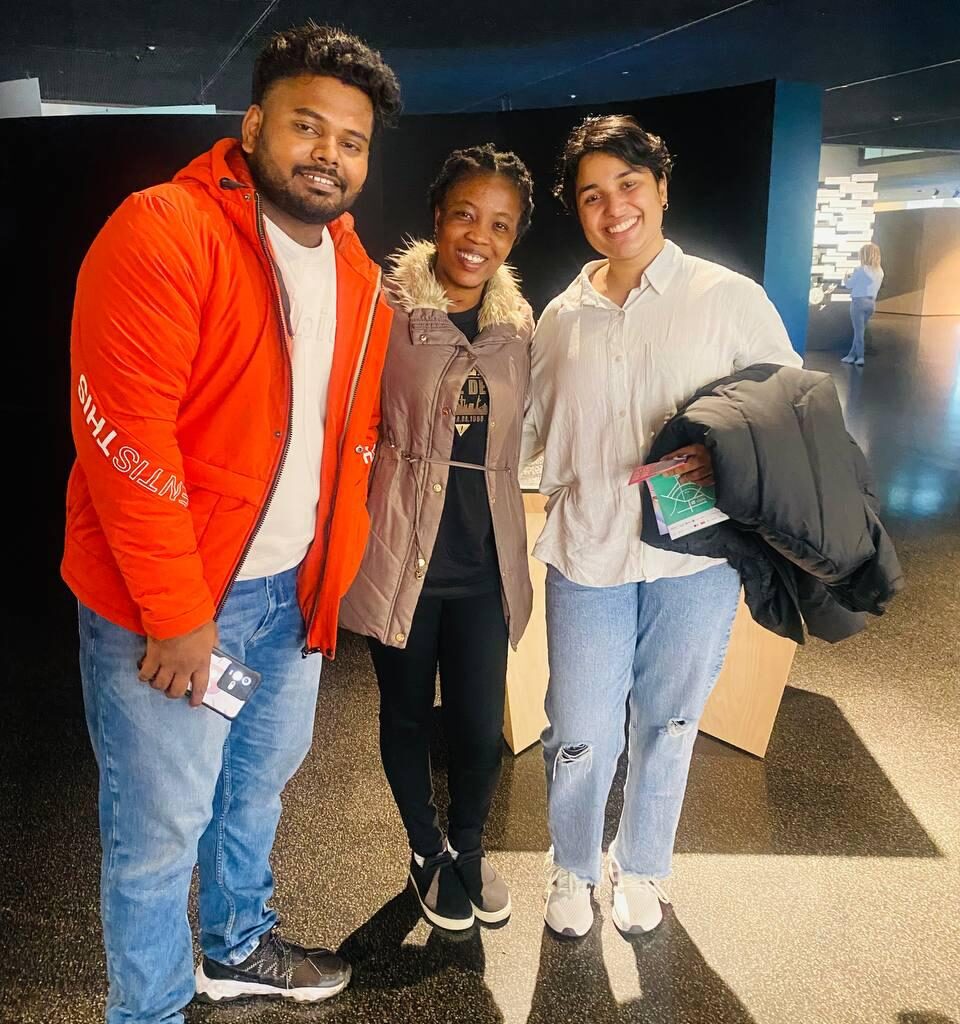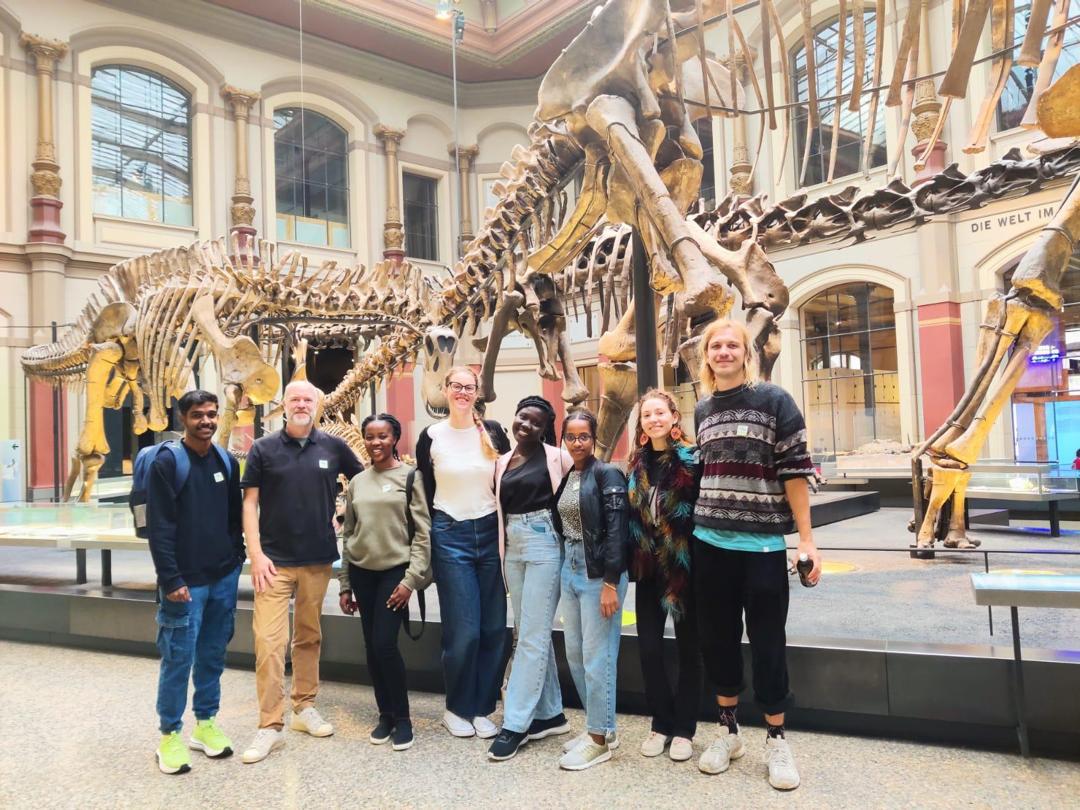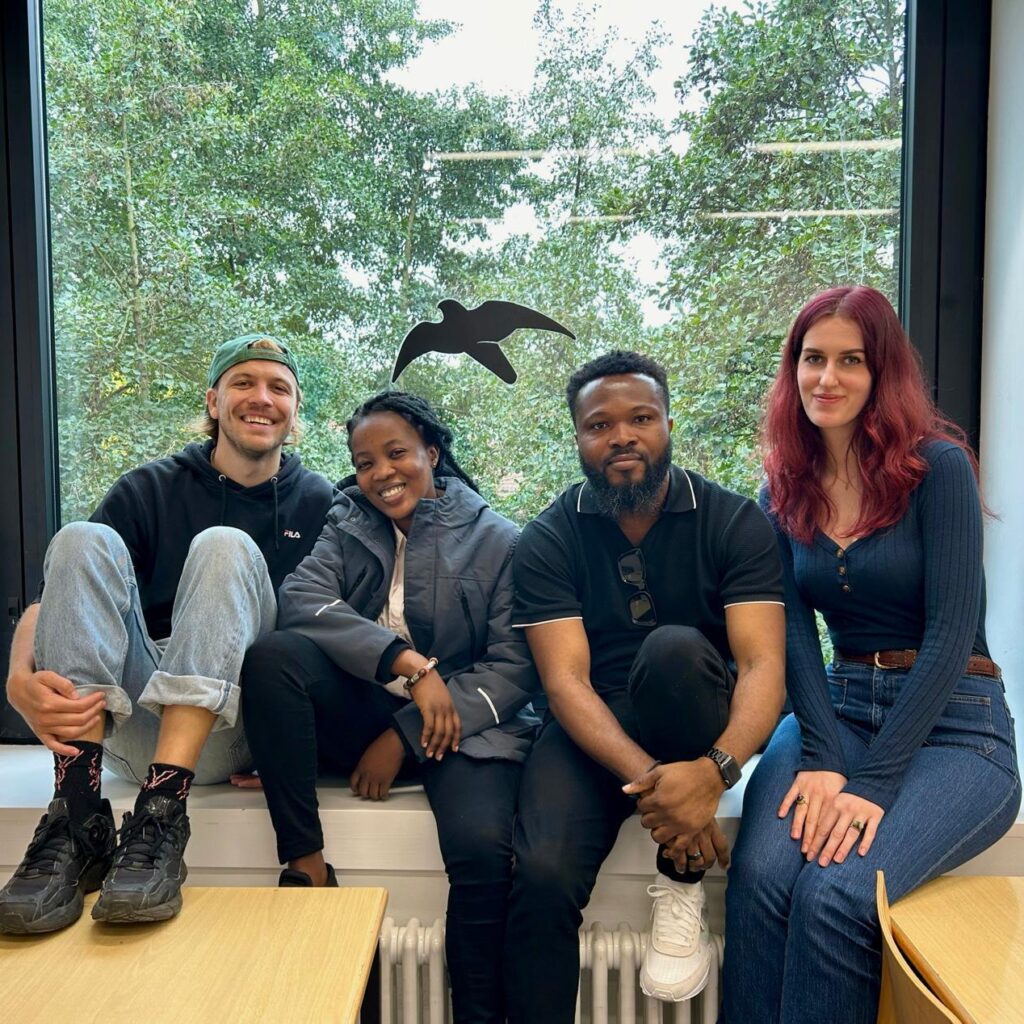STUDENT EXCHANGE PROGRAM IN GERMANYREPORT ON MY EXPERIENCE IN GERMANY (SEPTEMBER, 2024 TO FEBRUARY,2025)
BY: JOSEPHINE AKUTTEH
MPHIL. NATURAL RESOURCES (SOCIAL FORESTRY AND ENVIRONMENTAL
GOVERNANCE)
Prior to starting the exchange program at Hochschule für Nachhaltige Entwicklung Eberswalde (HNEE) in Germany, I hoped to acquire fresh scholarly insights, particularly in the fields of sustainable development, environmental governance and biosphere reserve management. Along with getting to know international students and seeing a different culture, I was also looking forward to honing my research and communication abilities.

I had an eye-opening and fulfilling time in Germany. I traveled during the winter, and the weather was much different from what I was accustomed to in Ghana, with temperatures being lower for most of the year. It was simple to travel between cities and get to lessen on time because of the incredibly dependable and fast public transit system


Group projects, presentations and field trips were the main academic focuses of the interactive, practice-based classes. I became acquainted with people from different cultural backgrounds, which helped me learn about different viewpoints on sustainability and environmental challenges around the world. Cultural differences were evident, especially in terms of daily living, classroom involvement and punctuality, but I rapidly adjusted and came to value the distinctiveness of German and European cultures.
In general, the exchange program aided in my personal, social and academic development. I gained greater open-mindedness, enhanced my ability to communicate across cultural boundaries and gained a deeper comprehension of sustainable environmental practices from a European standpoint.
To other students who want to expand their horizons, I heartily endorse this chance. In addition to improving professional and academic growth, it fosters global citizenship and is a worthwhile experience. To accept new methods of learning and living, students should be receptive, flexible and ready.

